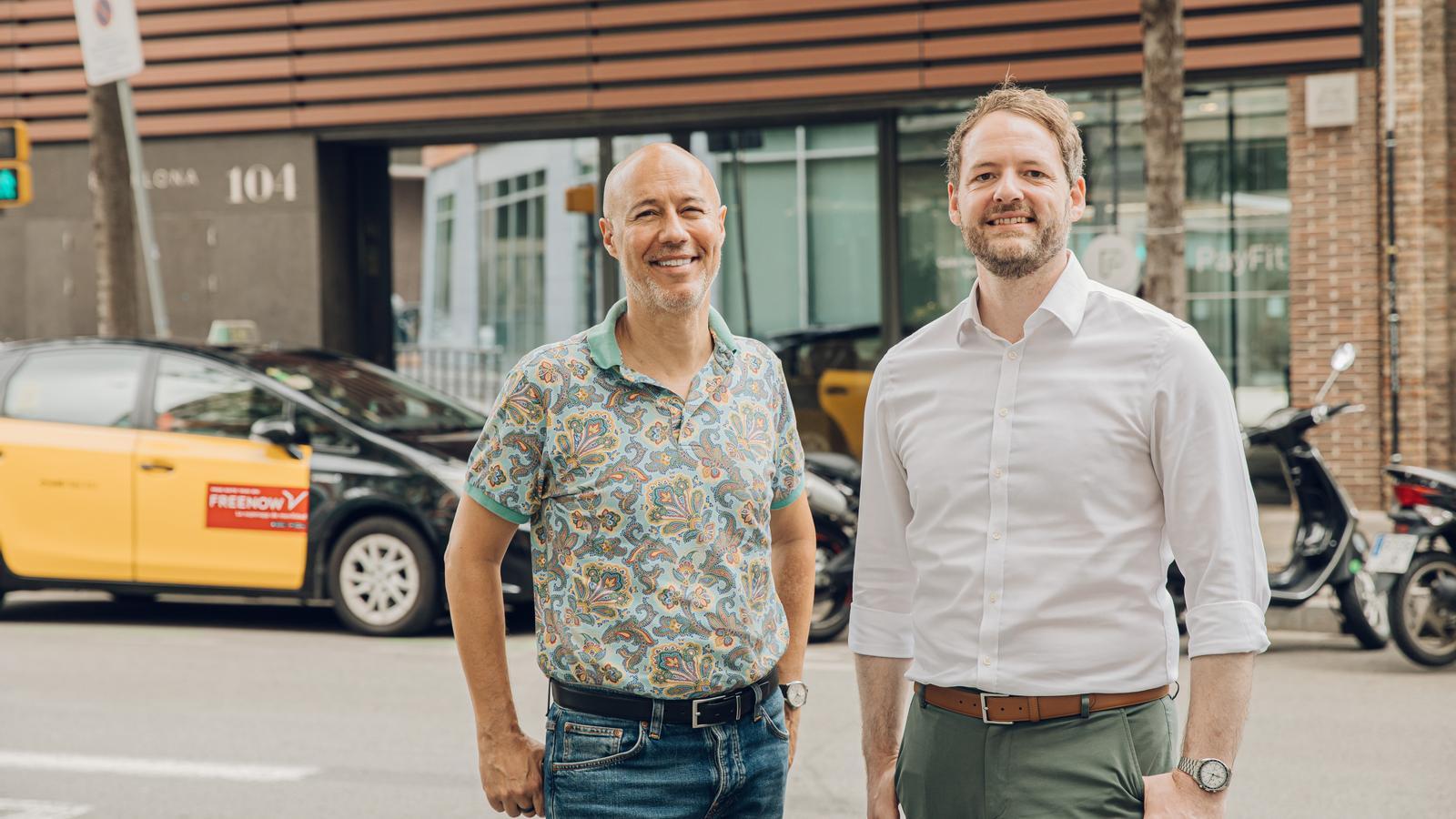The taxi sector opens a new era with the arrival of Lyft, Uber's main rival.
The US company completes the purchase of FreeNow and will continue operating taxis in Europe.


BarcelonaIn a Barcelona where the battle between taxis and VTCs continues to be won by the former, a new chapter opens with the acquisition of FreeNow, the most widely used mobile app for hailing taxis in the city. It has been acquired by the American company Lyft, Uber's main rival in its home market. The deal was announced in mid-April and only closed a week ago. These months have been dedicated to complying with all the legal requirements to operate in the 180 European cities where FreeNow is present, with 150,000 taxi drivers. Aside from Spain, its app can be downloaded in Ireland, the United Kingdom, Germany, Greece, Italy, Poland, France, and Austria.
The acquisition of FreeNow, formerly owned by BMW and Mercedes-Benz, has finally been closed for €175 million and represents the creation of a major mobility giant on both sides of the Atlantic, expected to reach 50 million users annually. In the United States, Lyft, listed on the Nasdaq, operates on a model similar to Uber's: anyone can sign up for the app and start driving for others. The company, led by David Risher, who lived in Barcelona years ago, also has a presence in Canada and Puerto Rico.
In Europe, however, FreeNow works primarily with taxi drivers and not with VTC licenses, as other companies such as Uber, Cabify, or Bolt do. However, FreeNow has also encountered resistance from taxi drivers, who fear it will eventually open up to VTCs, and the sector prefers other options, such as the one proposed by the Catalan company AllMove, formerly Taxi Ecològic. While waiting for the Generalitat (Catalan government) to approve a new law to regulate the sector, these two entities have been in constant conflict in recent years, especially in the Catalan capital, where taxis have protested on more than one occasion against intrusion into the sector. blocking the main arteries of the city.
FreeNow remains as a brand
In Spain, FreeNow will continue to offer taxis, with the aim of further digitizing a service that still relies heavily on arm-raising—50% of taxi bookings in Europe are still made on the street. Of the nine European countries where FreeNow operates, it only combines taxis and VTC services in Poland. Lyft initially rules out the disappearance of FreeNow as a brand, although it will include the surname of its buyer and will be called FreeNow by Lyft.
"The Lyft and FreeNow apps will continue to operate as before. There's still a lot of work to be done before we can talk about a full integration of the apps, and there are many factors to consider, such as European privacy regulations. The ultimate goal of this transaction is to offer a seamless experience by integrating Lyft," Jeremy Bird said, adding that he is open to reconsidering that position "over time." Both FreeNow CEO Thomas Zummermann and the company's European general managers will remain on staff.
For now, and until the end of 2025, both brands are offering discounts for the first ride for European FreeNow users traveling to the United States and Canada who download Lyft, as well as for Lyft users arriving in Europe and downloading the FreeNow app. The company also expects both groups of users to be able to use the networks of both platforms in the near future.
Headquartered in Hamburg, FreeNow has its second-largest offices in Europe in Barcelona. "Barcelona is one of our key cities," Bird emphasizes. Previously located in the Triangle district of Plaza Catalunya, the offices recently moved to Poblenou. 180 employees of around twenty nationalities work there, dedicated to the technological development of the mobile app. 4,000 taxi drivers use it in Barcelona, while the number rises to 11,000 in Spain. It also has offices in London, Dublin, Warsaw, and Athens, with a global workforce of 600.
Like Uber and Bolt, Lyft isn't only present in the car-sharing sector. Founded in 2012, the American company also offers shared bicycles and scooters. In fact, it's the company that won the competition for the new Barcelona Bicing bikes.
